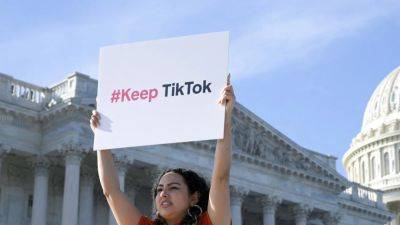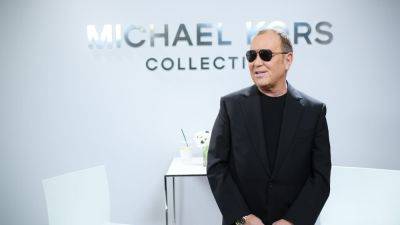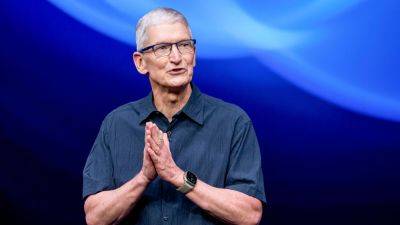How TikTok is shaping politics
September 17, 2024
MANILA – Like many who believe that what happens in American politics today is bound to have a great impact not just on America but on the rest of the world, I listened intently to the presidential debate between Kamala Harris and Donald Trump last Sept. 10. What I found remarkable was not the debate itself but the wide variance between the commentaries on mainstream media that followed and the political memes that flooded social media platforms like TikTok soon after the debate. To me, it is the most graphic indication of how social media is shaping political culture in ways we have not known before.
As expected, mainstream media’s analysts sought to parse the entire event by focusing on the substance of the statements made by the two candidates and the demeanor they projected on the stage. They pointed out the instances where Harris and Trump faltered and where they scored points. They compared their debating styles and strategies and decided who was the clear winner. Between the two, it was Harris, in their view, who was able to project self-confidence, equanimity, and mastery of the issues. But, best of all, mainstream media’s talking heads fact-checked and weighed the validity of the assertions the candidates made.
In general, I believe that is how a reasonably well-informed political observer might approach an event like this. The interest would be on the substantive answers, rather than on the demeanor; more on the utterances made than on the stage performance.
I now think that this way of experiencing a debate has changed tremendously. Audiences have become less cerebral and more visual; more responsive to the debaters’ deportment or bearing than to the intellectual adequacy of their







